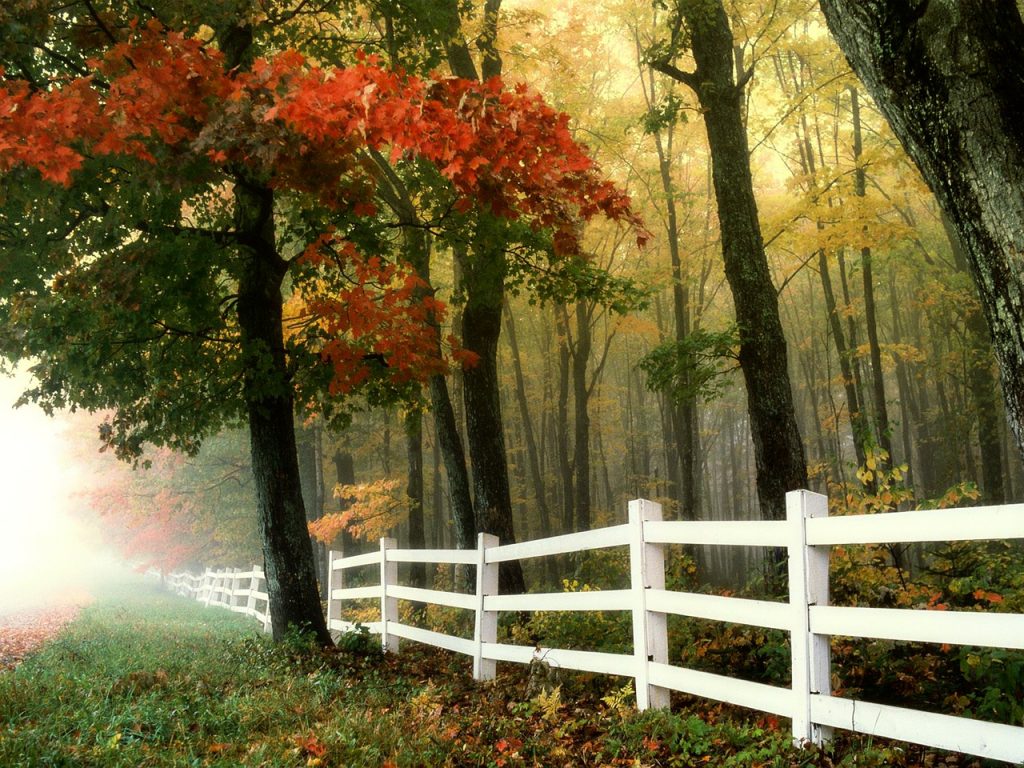Fencing comes in many shapes, sizes, and materials. Out of those three options, choosing fence materials is the most difficult. What fencing material is the most durable? What fencing is waterproof? For the answer to those questions, we’ve provided you some priorities you should have when choosing fencing materials:
Choosing Weatherproof Fencing
Weatherproof fence materials comes in a couple of different forms:
- Wood with sealant
- Metal
- Stone
Not counting chain-link fences, wood with some form of acrylic sealant is one of the most attractive options. Sealants protect against significant temperatures, UV rays, and heavy rain.
Colored sealants also provide the option to bring out natural beauty. It can either darken lighter woods or brighten darker woods.
Stone fencing is the most sturdy option of the three due to its natural resistance. Meanwhile, metal fencing comes in a chain-link form, which is sturdy because of the material, but the least attractive option in most cases.
Fireproof Materials
A scary scenario that homeowners might think about is their fence catching flame. While metal and stone aren’t known for catching fire, but what about wood?
When considering non-combustible fencing, here are some materials to consider:
- Vinyl/plastic
- Masonry (stone)
- Composite
Vinyl fencing mimics wood but isn’t quite the same material. Meanwhile, masonry is fireproof, given that it’s made of stone. You can’t go wrong with either of those options.
Composite materials have a mix of plastic, which will melt if they catch flames. Some sealants are known to be fireproof, and many of those are known to be made for decks.
If you are genuinely concerned about fire, remove any dry wood from your yard and make sure your fence is around five feet away from your home. Check with the city ordinance to see about their fire rules. Some cities have a low risk of fire; they might be non-specific.
Is There a Best Fence Material?
There are reasons to buy and not to purchase fencing. If you have a list of materials at home, here are some pros and cons for each type of fencing:
- Vinyl fencing: it is excellent, inexpensive, and primarily fireproof. However, the look of vinyl fencing can be pretty generic, so don’t expect to turn any head.
- Masonry: Masonry is beautiful and unique, but it will cost you a decent chunk in most cases.
- Barbed wire: Barbed wire fencing is imposing and suitable for one use of someone tripping over it. You probably shouldn’t install it unless you live in the country and have numerous thieves.
- Hog wire: It is incredibly inexpensive, so it is often for vast fencing in the country. It is better for country use.
- Cedar: Cedar is your classic, inexpensive wooden material. With a coat of sealant, you can make this a beautiful addition to your house. However, it is a bit riskier when it comes to fire.
Final Thoughts
When it comes to installing fencing, picking suitable material can be tricky. There are many style trends, but those trends may not be a good fit for your house or budget. If you need help picking suitable fencing material, call Citywide for details.


